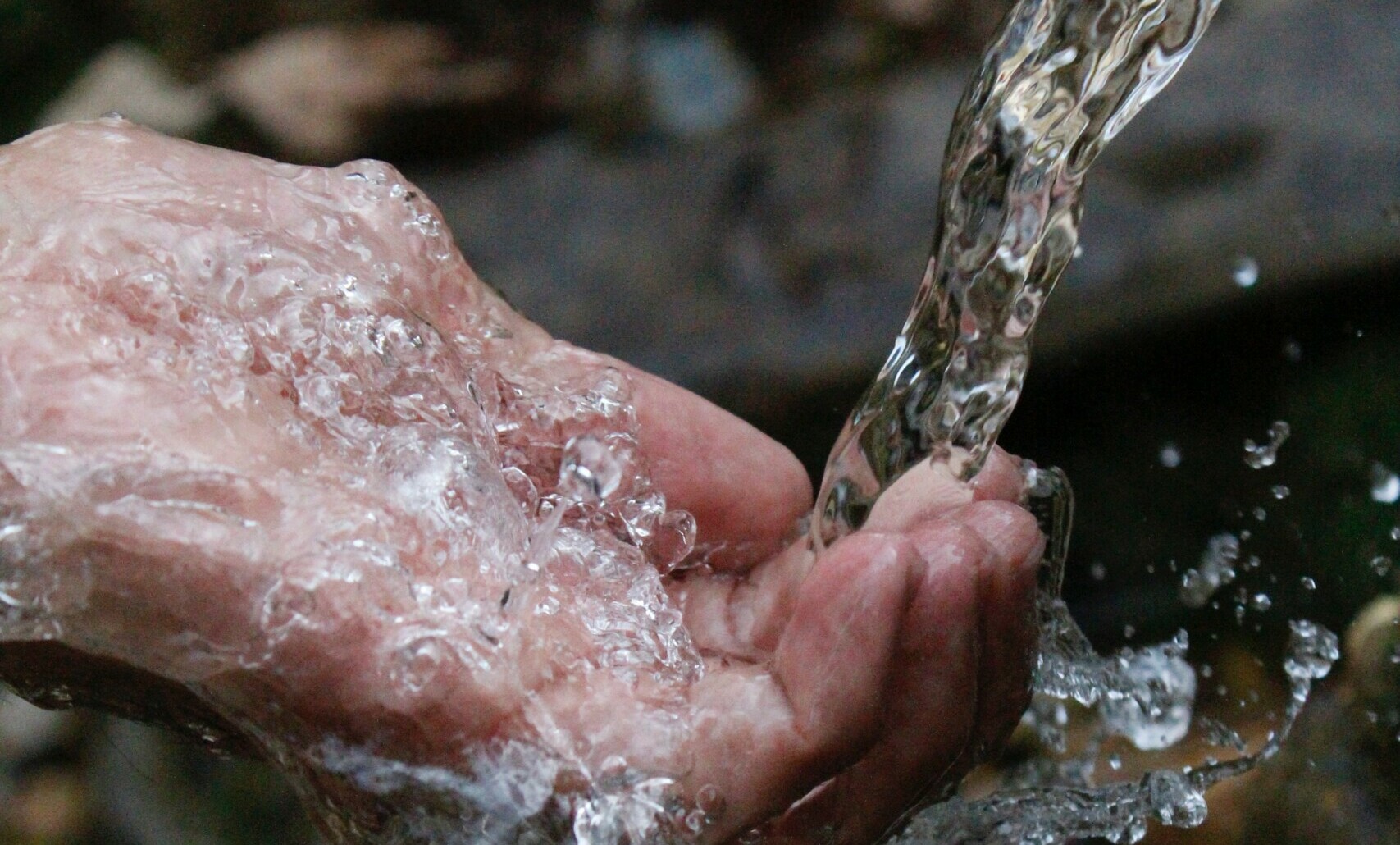“Water treatment is one of the most cost-effective ways to improve child survival.” – Nobel Laureate Micheal Kremer
For many years, Evidence Action’s Dispensers for Safe Water (DSW) program has provided over 4 million people in rural Kenya, Uganda, and Malawi with free and reliable access to safe drinking water. Thanks to a remarkable new investment – recommended by GiveWell and funded by Open Philanthropy – we’re expanding the program to reach over 9 million people by 2023, including 10% of Uganda’s population, 15% of Malawi’s, and over 2 million people in Kenya (read our announcement here).
Dispensers for Safe Water is a demonstrably effective – and cost-effective – solution to the challenge of providing access to safe water in poor, rural areas. A network of over 28,000 chlorine dispensers allows the program to deliver a year’s worth of safe water access for less than $1.50 per person. Underpinned by rigorous research by Nobel Laureate Michael Kremer and colleagues from Harvard University and UC Berkeley, our model leverages human-centric designs and insights from behavioral economics to ensure high and sustained adoption rates.
A recent meta-analysis by Michael Kremer and his colleagues shows water treatment could be one of the most cost effective ways to save young lives. As part of their analysis, Kremer and colleagues also looked at implementation data from Dispensers for Safe Water; they estimate the program is over 45 times more cost-effective than the WHO’s “highly cost-effective” threshold. This puts water treatment in similar company to micronutrient interventions, insecticide treated bednets to prevent malaria, and routine childhood vaccinations in terms of their impact on child health.
That said, there is much more to do: the global need for safe water is enormous, yet largely unmet. Over 2 billion people lack access to safely managed drinking water, and unsafe water is responsible for more than 1.2 million deaths each year. It’s the most common cause of diarrhea, which is, in turn, the world’s second-leading cause of child mortality. Evidence Action is currently working on next-generation interventions such as in-line chlorination and developing additional evidence-based, cost-effective safe water interventions to improve the health of families and save the lives of young children.




